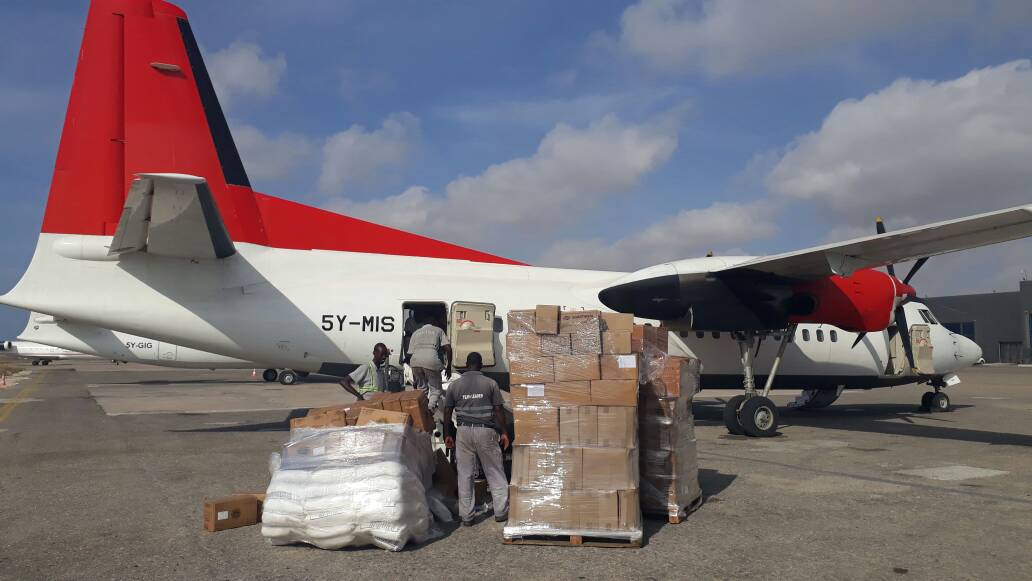×
The Standard e-Paper
Kenya’s Boldest Voice

Some local airlines could have taken advantage of the lawlessness in Somalia’s airspace to exploit the country’s aviation rules as well as engage in what could endanger the lives of the crew.
At least three passenger aircraft registered by the Kenya Civil Aviation Authority (KCAA) have continued to transport excess cargo to and within Somalia months after the regulator directed that only cargo-configured aircraft be allowed to transport goods.